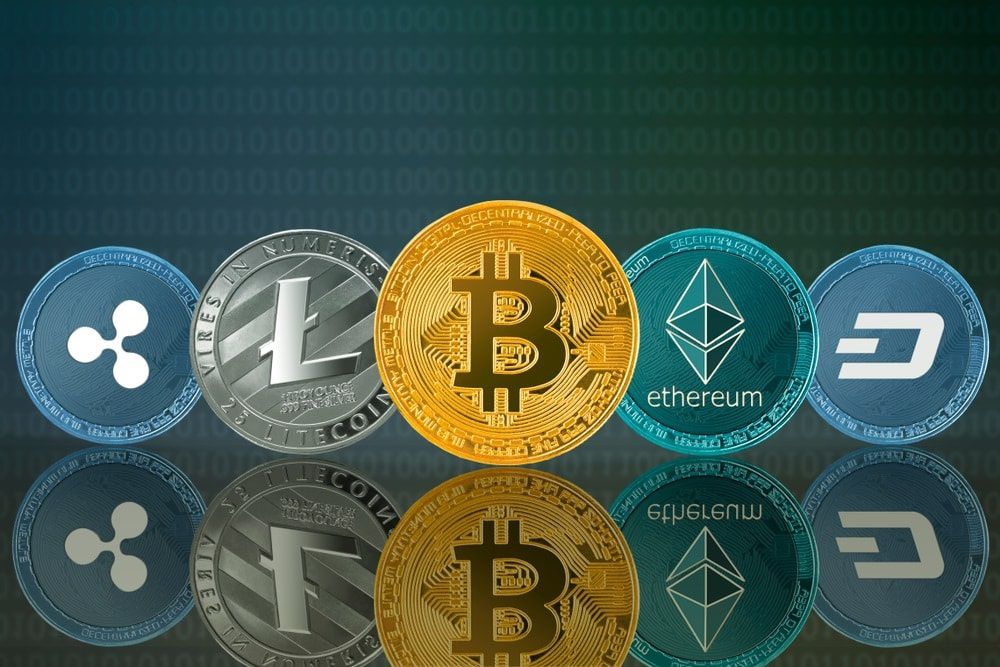Decentralized Finance DeFi protocols are continuing to disrupt traditional lending systems by leveraging blockchain technology to create more transparent, accessible, and efficient financial services. Unlike traditional lending institutions such as banks, which rely on centralized control, DeFi protocols are powered by smart contracts on blockchain networks. These protocols enable individuals to lend and borrow assets without intermediaries, allowing for lower costs and increased financial inclusion. The core appeal of DeFi lies in its decentralized nature, where financial transactions are executed through code rather than human intermediaries, offering users more control over their assets. Traditional banks offer minimal interest rates on savings accounts and other deposit products due to their overhead costs, regulatory burdens, and profit margins. In contrast, DeFi lending protocols often provide significantly higher returns by eliminating intermediaries and cutting down on administrative expenses. Lenders on DeFi platforms can deposit their funds into liquidity pools, where they earn interest from borrowers in exchange for providing capital.

These higher returns attract both institutional investors and retail users seeking better returns on their investments. For borrowers, DeFi lending provides an alternative to the often rigid and bureaucratic processes of traditional financial systems. Traditional banks typically require credit checks, extensive documentation, and the approval of loan officers to access credit. In contrast, DeFi lending platforms often only require collateral to secure loans, meaning that users can access credit without needing to prove their creditworthiness. Additionally, DeFi lending protocols usually operate 24/7, unlike traditional banks, which have business hours, providing more flexibility and convenience for borrowers. Another advantage of DeFi lending is the greater level of privacy and security it offers. Traditional financial institutions store personal and financial information, making them susceptible to hacking and breaches. In contrast, DeFi platforms use latest crypto news technology, which is inherently more secure due to its decentralized and immutable nature. Transactions on blockchain networks are transparent and traceable, but the identity of users can remain pseudonymous, which enhances privacy.
However, this does not eliminate risks entirely, as vulnerabilities in the underlying code of DeFi protocols or smart contracts can still be exploited by malicious actors. DeFi also fosters financial inclusivity, allowing individuals who have been excluded from traditional banking systems due to geographical location, lack of access to documentation, or low credit scores, to participate in the financial ecosystem. The decentralized nature of DeFi means that anyone with internet access can potentially access these services, thus empowering underserved populations and promoting financial inclusion on a global scale. Furthermore, DeFi protocols provide users with more control over their assets, enabling them to earn interest or take out loans without relying on the decision-making of a centralized institution. The volatility of digital assets, regulatory uncertainty, and the potential for smart contract failures are some of the risks that users must consider. As the DeFi space evolves, regulators are also scrutinizing the sector more closely, which could lead to changes in the legal landscape.

